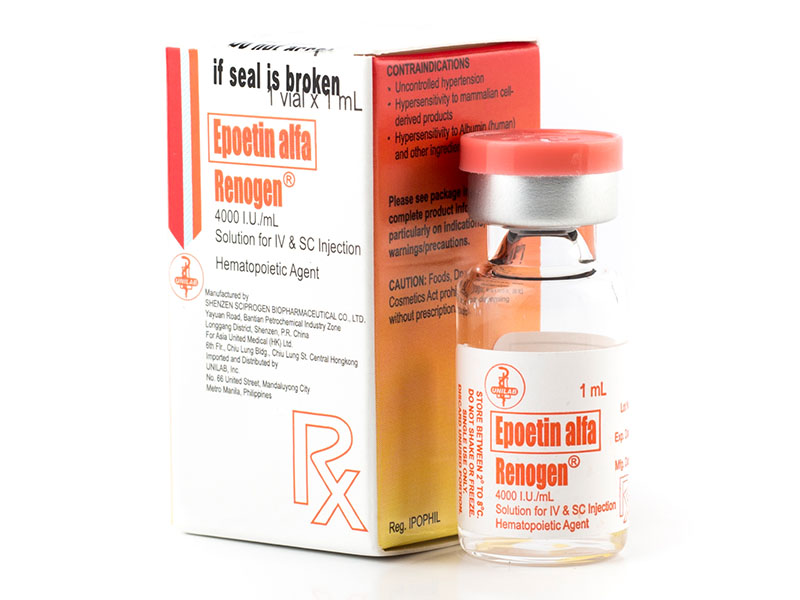Feeling tired or sleepy most of the time for no reason at all? Do you feel like fainting even if your day has just started? Then it may be the right time to get tested for anemia. Anemia is a common blood disorder that is triggered when your body isn’t making a healthy amount of red blood cells.
What is anemia?
When your body isn’t producing enough red blood cells to carry oxygen to your tissues, then you probably have anemia. Other causes of anemia include excessive bleeding from menstruation, injuries, and surgeries. If you’re your body is losing According to Mayo Clinic, there are different types of anemia and a common symptom is feeling weak and tired all the time.
Quick facts on blood
There are three kinds of blood: red, white, and platelets. Each type has its own role in protecting you from diseases and recovering from certain illnesses.
- Red blood cells (RBC) – contains iron-rich protein that is responsible for the red color of your blood. It is essential in the process of carrying oxygen from your lungs to all parts of your body and transporting carbon dioxide back to your lungs to be exhaled from your system.
- White blood cells (WBC) – also called leukocytes; only makes up 1% of your blood but can have a significant effect on your health. Your WBC is responsible for fighting off diseases and illnesses from invading your immune system.
- Platelets – these are the smallest of your blood cells and is responsible for blood clotting to stop excessive bleeding.
Symptoms
Those with mild anemia may go on with their lives thinking that they healthy but symptoms may worsen if anemia is left untreated. Here are some other warning signs to look out for:
- Pale/yellowish skin
- Shortness of breath
- Suddenly feeling dizzy/lightheaded for no reason at all
- Cold hands and feet
- Frequent headaches and chest pains
Anemia in women
Women, in general, are at risk of suffering from anemia for specific reasons:
- Having menstruation causes you to lose red blood cells.
- Being pregnant may also increase your risk level since pregnancy doubles your need for iron intake.
Types of anemia
Iron deficiency anemia is the most common type of anemia and it is caused by the lack of iron in your body. This is why it is common for most physicians to prescribe iron supplements to pregnant women to avoid the risk of iron deficiency anemia. Another cause of anemia is vitamin B-12 deficiency, which affects your body’s production of healthy red blood cells thus resulting in a decreased red blood cell production. If you currently have existing serious diseases like cancer, AIDS, kidney disease, and Crohn’s disease, then it is likely that you will develop anemia as well. A family medical history of anemia may also contribute to your risk factor.
Preventive measures
A healthy diet that is rich in iron and other essential minerals like vitamin B-12 and folate can help you deal with anemia. Here are the recommended foods for those at risk/who have anemia:
- Red meat
- Poultry
- Beans
- Dairy products
- Fortified cereals
- Dark green leafy vegetables
- Fruit juices
Consider asking your doctor about taking multivitamins if you if you have diet restrictions or if you feel like you’re not getting enough nutrients from your daily meals. Always consult your doctor before drinking any kind of medication, including vitamins. Keep in mind that your physician is in the best position to prescribe the right kind of treatment for your condition. Immediately stop using a product if you experience negative side effects.



